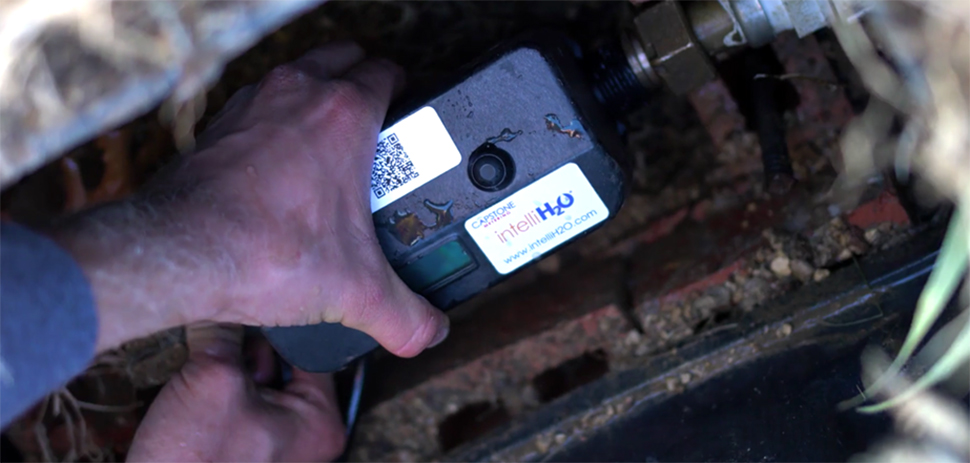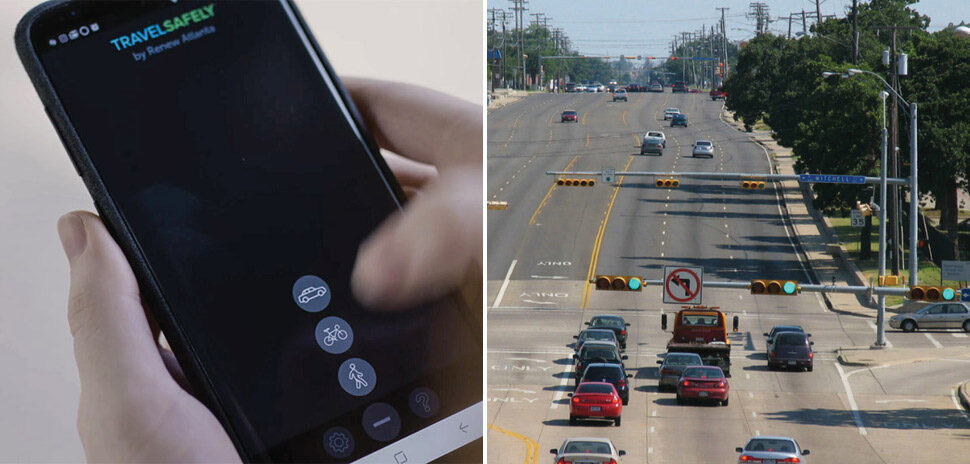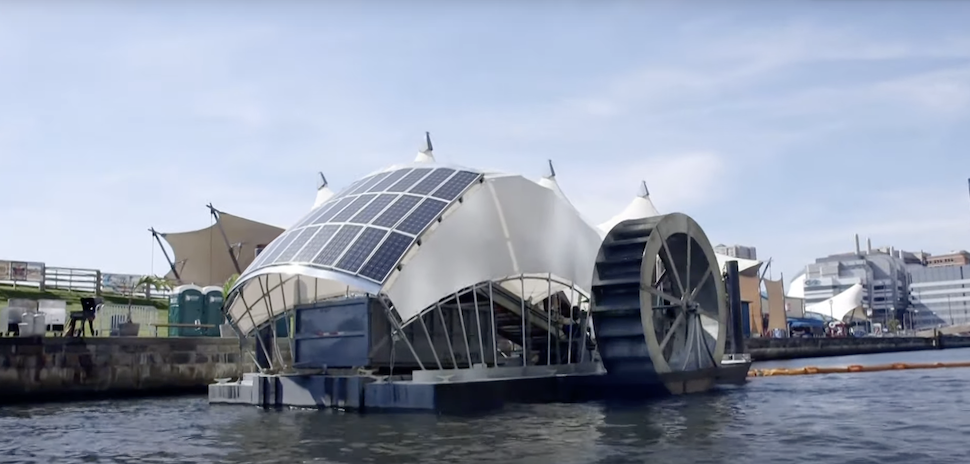Capstone Metering plans to make its smart water meters even smarter this year while also targeting new cities for installation.
The Plano-based company developed a cloud-based water meter that uses a cellular network to read usage and automate the billing process. The water meter can also be turned on and off remotely.
“The big thing is, we’re completely hands-off technology,”
Jim Williamson
“The big thing is, we’re completely hands-off technology,” said Jim Williamson, vice president of product development for Capstone Metering. “We’ve had a lot of good success selling into the cities we have.”
So far, it’s been installed citywide in Castle Hills, Cisco, and a few cities in North Dakota. Capstone also has smaller installs and pilots in nine other states.
Most cities use an older automatic meter reading technology, which requires personnel to drive down the street once a month to collect data. The older style meters can’t detect when cities are losing water or when a house has a leaky toilet or broken pipe.
“The metering industry is so entrenched in its ways,” Williamson said. “The challenge is getting cities to understand new, more advanced technology. We’re pushing an industry that’s very old.”
The average city loses 10 percent of its water. One city that Capstone worked with lost 38 percent of its water before the smart meters were installed.
Capstone is just finishing the installation, but the wasted water has dropped significantly because it identified leaks, billing inaccuracies, and water theft.
“The challenge is getting cities to understand new, more advanced technology. We’re pushing an industry that’s very old.”
Jim Williamson
“If cities only lose 10 percent of their water, they start to brag about it,” Williamson said. “The overall goal is to cut the water use and then provide a better service to customers and residents through the reporting and analytics that we’re building.”
The capability to send alerts to customers is still in development but Williamson said the new features could launch it later this year.
The system will look out for constant flow or an unusual spike in water usage and send an alert to the homeowner.
“That’s a market changer,” Williamson said. “Sending alerts directly to the resident so they don’t look up 30 days later and have a huge water bill. Instead, they’re able to get the issue fixed.”
In North Dakota, the biggest concern is freezing pipes because of the cold temperatures.
“If nobody’s home it’s just going to sit there and keep going,” Williamson said. “You don’t have to go very far to find stories.”
Delivering what’s new and next in Dallas-Fort Worth innovation, every day. Get the Dallas Innovates e-newsletter.































